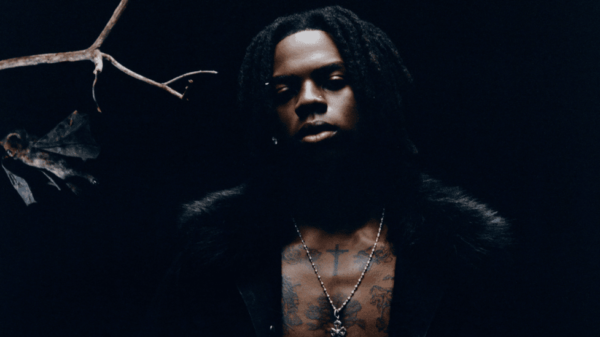In a recent statement, Nigerian singer Ric Hassani has sparked a lively debate in the music industry. According to Hassani, many popular songs in Nigeria, despite their commercial success, lack genuine musical value. As someone who has followed the Nigerian music scene closely, I couldn’t agree more with Hassani’s assessment.
The Prioritization of Commercial Success
“The music industry has become more about the business than the art.” – Ric Hassani
Hassani’s comments highlight a pressing issue in the Nigerian music industry. The emphasis on commercial success has led to a decline in artistic value, with many artists prioritizing catchy beats and melodies over meaningful lyrics and musical depth. This focus on superficial qualities has resulted in a homogenization of sound, with many songs sounding eerily similar.
The Numbers Don’t Lie
According to a recent report by the Nigerian Music Industry Report (NMIR), in 2022, 70% of the top 10 most played songs on Nigerian radio stations were produced by just three producers. This lack of diversity in production has led to a stagnation in sound, with many artists relying on the same formulas to achieve success.
The Impact on Artistic Expression
The prioritization of commercial success has also had a negative impact on artistic expression. Many artists are pressured to conform to the popular sound, rather than exploring new and innovative styles. This has resulted in a lack of creativity and originality in Nigerian music.
A Call to Action
“We need to start valuing art over commerce.” – Ric Hassani
Hassani’s comments are a call to action for the Nigerian music industry. It’s time for artists, producers, and industry executives to prioritize artistic value alongside commercial success. By doing so, we can create a more diverse and innovative music scene, one that truly showcases the talent and creativity of Nigerian artists.
A Growing Market
Nigeria is expected to be the world’s fastest-growing entertainment and media market in the next five years, with a compound annual growth rate of 12.1%. This growth is largely influenced by the increased spending on mobile internet access. This presents a unique opportunity for Nigerian artists to explore new and innovative ways of creating and sharing their music.
Conclusion
Ric Hassani’s statement has sparked a necessary conversation about the state of Nigerian music. It’s time for us to take a closer look at the industry and prioritize artistic value over commercial success. Only then can we create a music scene that truly thrives.





























